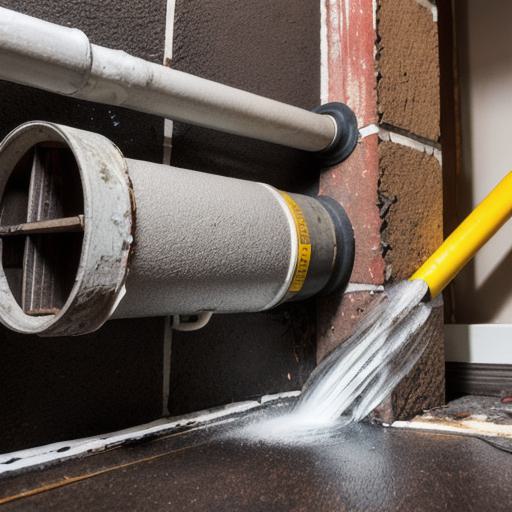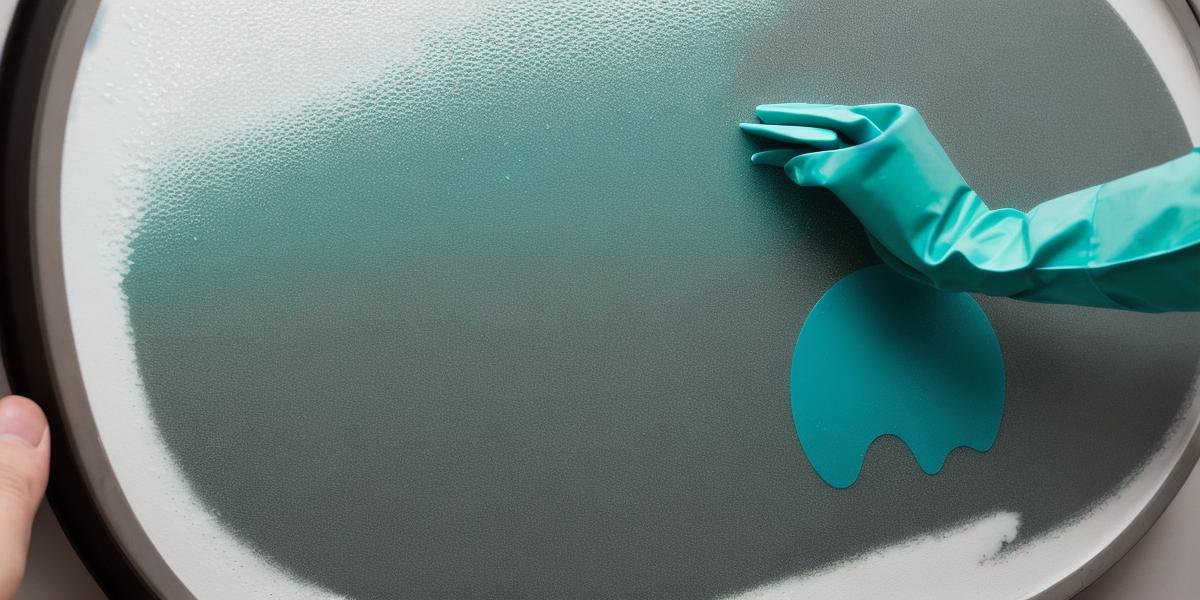If you’re a homeowner, you know the importance of maintaining your property’s infrastructure. One such task that often comes up is repiping your home. While it may seem like a daunting job, in this guide, we’ll explore what it takes to repipe a house and how long the process typically takes.
The typical timeline for repiping a house can vary depending on several factors, including the size of your property, the complexity of your plumbing system, and the type of material you choose for your new pipes. However, in general, repiping a house can take anywhere from two to four weeks.
The first step in any repiping project is to assess the condition of your current plumbing system. This may involve inspecting your pipes for leaks or damage and identifying any areas that need repair or replacement. If you have an older home, it’s particularly important to have your pipes inspected, as they may be made of outdated materials like lead, copper, or galvanized steel, which can be hazardous to your health.

Once you’ve assessed the condition of your current plumbing system, it’s time to choose a new material for your repiping project. Common materials include PVC, CPVC, and PEX (polyethylene), each with its own advantages and disadvantages. For example, PVC is durable and affordable but can be brittle in extreme temperatures, while CPVC is more flexible and resistant to heat but may leach chemicals over time. PEX is a good choice if you live in an area with freezing winters or need a flexible piping system.
After choosing your new material, it’s time to start the repiping process. This typically involves drilling new holes in your walls and floor to access your plumbing system, cutting the new pipes to length, and attaching them to your existing fixtures and appliances. Depending on the size of your property and the complexity of your plumbing system, this process can take anywhere from a few days to several weeks.
It’s important to choose a qualified and experienced plumber for your repiping project. Not only will they have the technical expertise to ensure that your new pipes are installed correctly, but they’ll also be able to help you navigate any challenges that may arise during the process. Additionally, a reputable plumber will be able to provide you with valuable guidance on how to maintain your new plumbing system and prevent future problems.
In conclusion, repiping a house can take anywhere from two to four weeks depending on several factors. However, by carefully assessing your current plumbing system, choosing the right material for your repiping project, and working with a qualified plumber, you can ensure that your new pipes are installed correctly and will last for many years to come. As always, it’s important to prioritize safety and health when it comes to your home’s infrastructure, so don’t hesitate to reach out to a professional if you have any concerns or questions about repiping your property.



